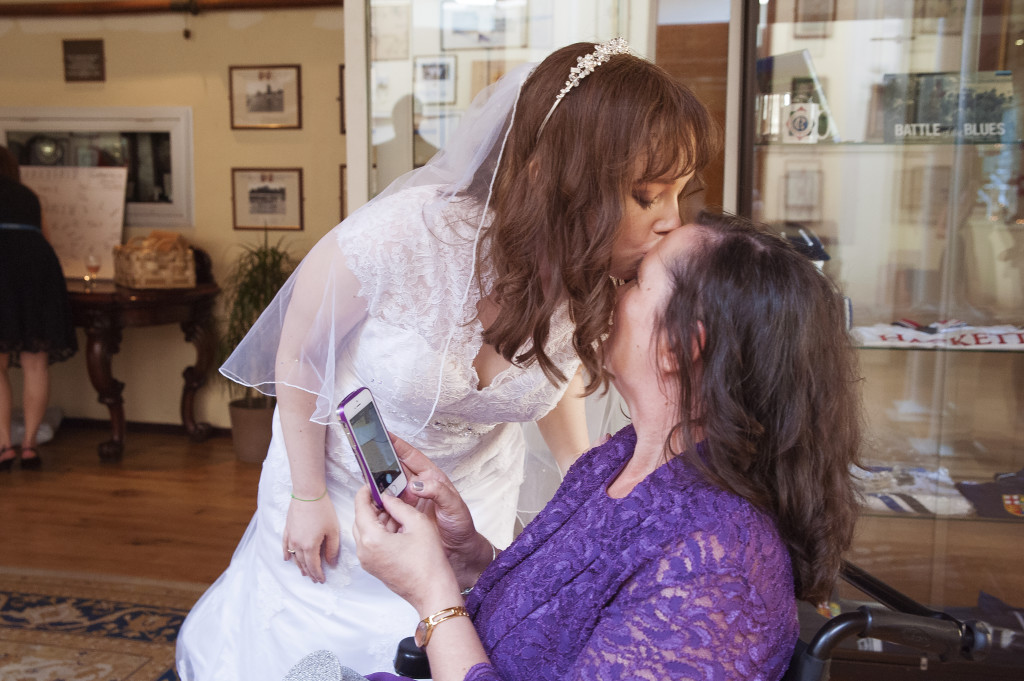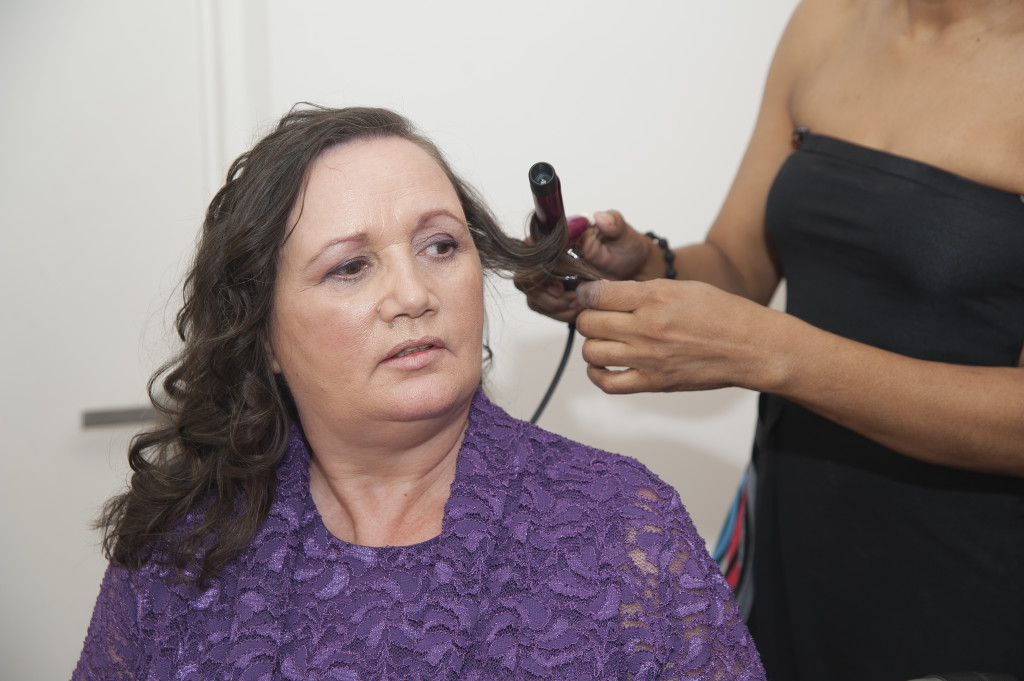Becoming a mother can be incredibly isolating. Which is why Frost got very excited to hear about mush, a free app that lets mothers find each other. It is basically Tinder for mums.
mush is a new free app for mums that was born out of the difficulty its two founders had after having their second babies. Katie was fresh back from New York and Sarah had beaten her other mum friends to a second baby. They awkwardly exchanged numbers in a cold playground on their first chance meeting. Both of them needed to find someone to share those difficult days at home with small children, and felt that the serendipitous approach to making mum friends was just not good enough in 2016 in a world that was so well serviced with other ‘dating’ apps. mush has been described as Tinder meets mother’s group and matches mums according to their location, kids’ ages and mutual friends.
The mush app has three core functions:
- Mushmatcher – to find mums based on an algorithm of kids’ ages, location and mutual friends
- Let’s mush- to plan events with mums and organise your mummy diary, seeing who is free to play right now
- Mushguides – content written by mum for mums, to inspire mums to make their lives easier and have more fun
mush will show which of your connections are free right now, based on the insight that it’s hard to plan ahead with small kids. It will also allow you to create groups of mums for messaging and support as well as having a content hub designed to give practical and positive information to parents and parents-to-be.
mush has received backing from a number of private investors and a social impact fund and is available to download from the app store and google play.
A survey of 4000 mums showed the following:
- half of mums find it hard to plan with kids
- 80% of mums prefer to go to playgroup with a friend
- 22% mums only have one local mum friend (62% have 4 or less local mum friends)
- half go to the shops primarily for adult interraction
- half find it hard to make local mum friends
- 60% of mums go a full day without adult interaction
- 82% of mums thinks having mum friends makes you a happier. more positive mum
Find out more at www.letsmush.com.
More about the founders.
Katie Massie-Taylor, 33, Mortlake, London
Katie was an equity derivatives broker in the City having graduated from Bristol University in BA Hons Spanish. She was one of 8 female brokers on a thousand-strong male trading floor, so learnt pretty early that she needed to hustle for her business wins (though not literally, that would be illegal). She joined a currency trading start-up as her first foray into the entrepreneur world, then tried a number of other industries when she tired of the busy City entertaining circus. She worked in a PR agency, a member network subscription service and most recently as a matchmaker in New York for high end clients looking for love. Mush is an amalgamation of all of her previous skills, having always known she would end up with a business of her own.
She met her husband aged 13 (her brother’s best friend) and got married in 2011. Simon is Commercial Director at England RFU. She has two little girls Tilly, 3 and Lyla, 1. They have lived around South West London and in New York. It was her experience of moving twice with babies that made her realise the world was crying out for mush.
Sarah Hesz, 34, East Sheen, London
Sarah’s experience is from the world of advertising where she led business development and worked with global brands spanning the likes of Unilever and Dell. She has always dreamed of having a start up and previously launched an award-winning marketing agency. She has two kids (Rosie, 3 and Leo,1).
How they met
Sarah & Katie met in a playground on a cold and rainy day. They had 2 week old babies strapped to their fronts and sub-2 year olds hanging precariously from climbing frames. Katie was close to tears having moved back from New York, and Sarah was mateless in Mortlake having had babies in quick succession. Sarah approached Katie and asked for her number, with no preamble, which she jokes is the only chat-up line she has ever used. They kept each other sane for the weeks and months that followed, having realised they had facebook friends in common, lived three streets away and had kids of identical ages. Over one celebratory tea time eating pizza and drinking prosecco (celebrating their survival of that ‘fourth trimester’) they talked about the dream of setting up a company together and both landed on the loneliness issue they had experienced.. Mush was born. And then began the adventure.
Working around ad hoc childcare, the first few months were a blur of last minute meetings, breastfeeding and business plans. They secured funding a year after that celebratory tea, and launched in April 2016.
The mush start-up story
Mush is the lovechild of Sarah & Katie’s vision that no mum does it alone. They raised money (250k GBP) pre- product from various angel investors (only a few of whom they knew before the journey began- read they kissed a lot of frogs!) with their passion and their pitch deck. One institutional seed investor was Mustard Seed Social Impact, who focusses on companies who do social good.
Their app was developed in the Ukraine, and launched in April, and the app got immediate take up locally in SW London from a few flyers and posters in playgrounds. The majority of the 25,000 mush mums are in the UK, with groundswells of activity in New York and Melbourne.
Mush has opened its next round of funding for 950k GBP, which they will raise their angel investors and a Crowdcube campaign starting in November 2016. It will allow them to reach their goal: to be the biggest global social media platform for mums.









